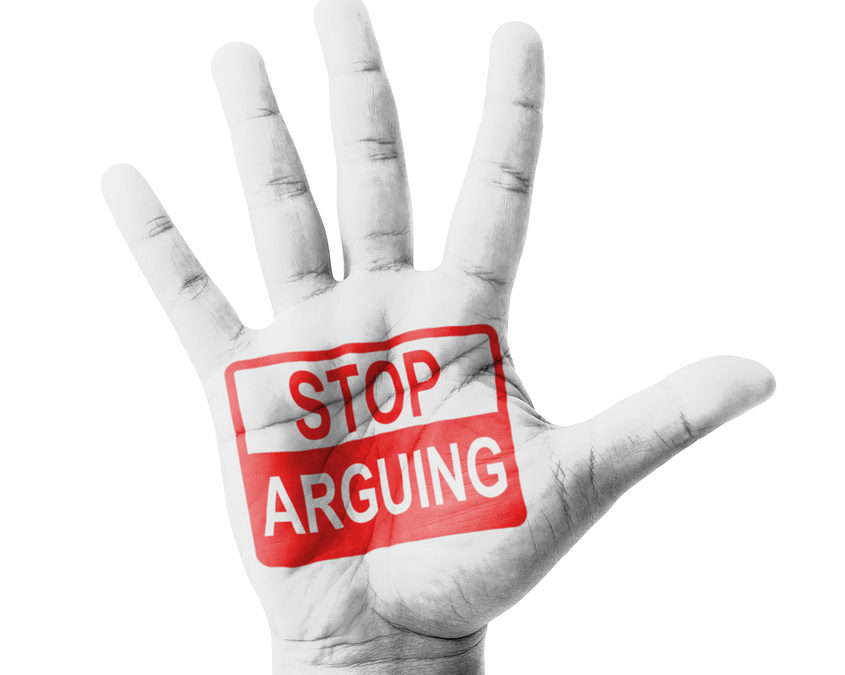
Why I Stop Arguing Online On The Internet
Josh Shear – I used to be someone who felt obligated to correct other people’s mistakes in the comment sections. Whatever the topic-politics, culture, religion, science, even conspiracy theories-I came armed with data, logic, stop arguing online and academic references to prove I was right. Every debate notification spiked my adrenaline. Over time, however, I began to realize something: the harder I argued, the more time, energy, and peace I lost.
This article isn’t a call to apathy. On the contrary, it’s a reflection on how the digital space, while seemingly democratic, can trap us in a cycle of emotion and ego. Istop arguing online on the internet not because I gave up, but because I wanted to stay sane. From that decision, I’ve learned lessons that might be helpful to others as well.
Read More Robot Toys For Children: Are Robots the New Best Friends?
One thing I’ve learned is that many online arguments are not driven by a desire to understand, but by a desire to win. Even before a conversation begins, people show up with conclusions already formed. What’s often called a discussion turns into a back-and-forth of monologues with little (or no) chance of changing minds.
Patterns like these became obvious across platforms. Twitter threads are treated like theatrical performances not thoughtful explorations. On Facebook, long comments often meet sarcastic memes. Discussion groups become arenas where nuance and context drown under egos trying to outshine each other.
Debating online started draining more than just time. It slowly chipped away at my mental well-being. Heated arguments left me restless, obsessively thinking of better comebacks, and rereading comment chains over and over. That’s not healthy engagement it’s emotional fatigue.
My personal relationships didn’t escape unscathed either. Some friends cut off communication over political disagreements. We used to talk for hours without needing to prove who was right.
When I chose to stop arguing online, a surprising sense of mental clarity returned. Staying informed remained important to me, but I stopped believing I needed to change every opposing mind on the internet. I shifted focus to writing not to win arguments, but to offer spaces for thoughtful reflection. In real life, I engaged in deeper and more meaningful conversations with friends, which turned out to be far more fulfilling.
That freed-up energy found its way into healthier routines: reading more books, exploring meditation, and enjoying walks free from constant notifications. I came to understand that not all opinions warrant a response. Some disagreements don’t need escalation. And many mistakes don’t require correction especially if they’re inconsequential.
Curiously, stepping away from arguments helped me understand opposing views better. Without feeling the urge to counter, I could read opposing arguments calmly. Empathy replaced defensiveness.
The internet gradually shifted in my eyes from a battlefield of ideologies to a tool for growth. I began to use it to learn, share peacefully, and cultivate healthier online communities. Walking away from online debates didn’t mean I stopped caring. In truth, it became a more effective and intentional way of showing concern.
Stepping back from online arguments wasn’t about silencing my voice. It became a method of prioritizing which battles matter and identifying those that only lead to stress with no real payoff. I now focus on meaningful interactions rather than chasing reactions.
We live in an age of endless opinions, yet deep understanding remains rare. Real wisdom doesn’t come from responding to everything. Sometimes, the most powerful statement is silence.
To those exhausted by constant internet debates, know this: you don’t have to engage in every argument. You’re allowed to rest, to disengage. And when you’re ready to rejoin the conversation, do so in a way that preserves your well-being.
This website uses cookies.
